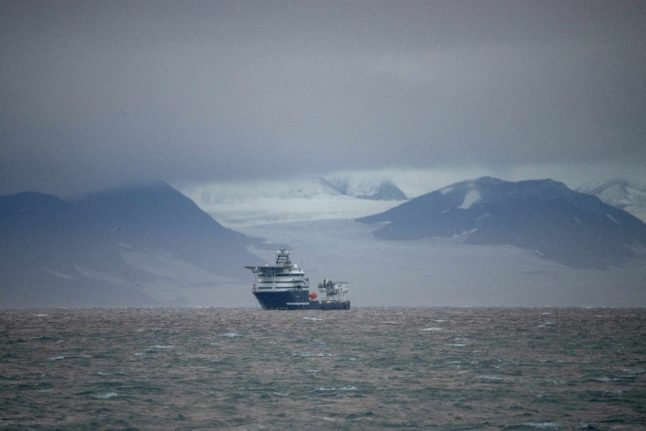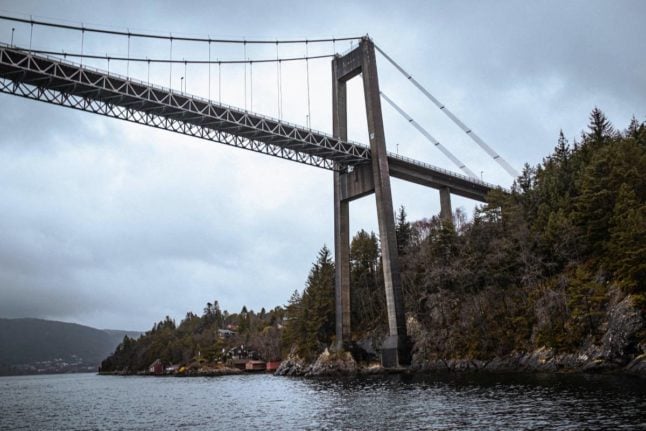The Nordic country is not an EU member but has adopted almost all EU sanctions on Russia — often with a slight delay — since Moscow invaded Ukraine on February 24.
On Friday, Norway said it would implement the fifth set of sanctions that the 27-member bloc agreed three weeks earlier, on April 7. This includes a ban, with some exceptions, on transporting goods by road from Russia, with which Norway shares an Arctic border, via the Storskog crossing point between the two countries.
The ban on Russian-flagged ships calling at Norwegian ports will come into force on May 7 and will not affect fishing vessels, many of which land their catches on the Norwegian mainland or the Norwegian archipelago of Svalbard.
The Arctic archipelago is governed by a century-old treaty that allows all signatory states, including Russia, to take part in economic activities there on an equal footing.
“Sanctions are our main means of pressure against the Russian regime,” said Norwegian Foreign Minister Anniken Huitfeldt.
“It is crucial here that we stand with the EU and other countries to continue to weaken Russia’s ability to finance the war in Ukraine,” she added.
Since 1976, under an agreement signed at the height of the Cold War, Norway and Russia have agreed on catch quotas for several species in the Barents Sea, which is home to a valuable stock of cod.
Oslo said the exception granted to fishing vessels is in line with EU sanctions.



 Please whitelist us to continue reading.
Please whitelist us to continue reading.
Member comments